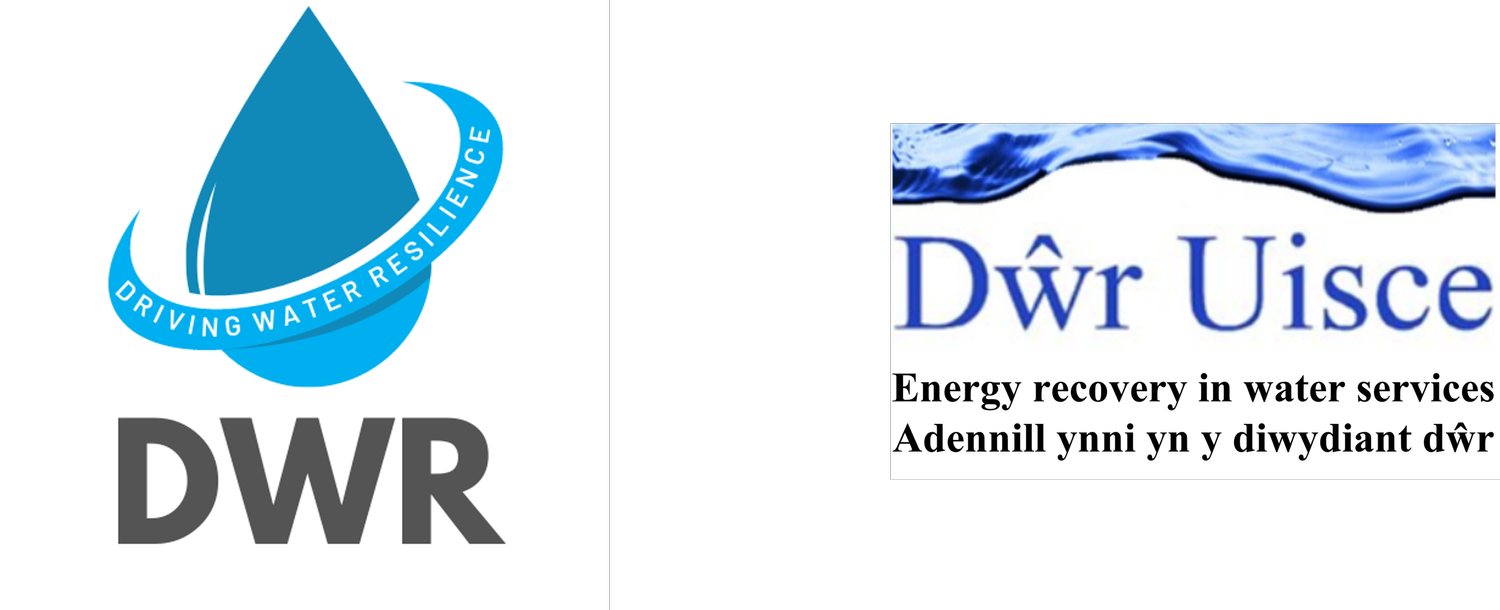Climate Action Hackathon in Welsh secondary schools
Project description
We are proposing a project for secondary schools in North Wales to raise awareness of the water-energy nexus in the built environment and the climate action potential of water efficiency amongst key stage 4 and 5 students and their teachers. We will work with teachers to co-create material necessary to brief students with knowledge and skills to take climate action at home, in school, and in their communities. The project will culminate in an event in the format of a hackathon, during which students will present solutions that can be used to encourage people to take climate action by adopting efficient water use behaviours.
The key objectives of the project are:
Capacity building in young people to take climate action through exploration of the water-energy nexus and engage with academic engineering research; and in KS4 and KS5 teachers in engaging with research in teaching.
Development of students’ creative and innovation skills in practical engineering solutions to topical global challenges (water, energy, climate change).
Experience for students to work collaboratively in teams, with students from other schools across North Wales, and with students with different interests and from different backgrounds.
Curriculum development opportunity for teachers by co-creating material for the hackathon to ensure appropriateness for level in time for the biggest change in Welsh curriculum (from September 2022) which will remove traditional boundaries between subjects areas.
Researchers engagement with and dissemination of their research to a different audience and to further develop their STEM communication and public engagement skills.
Who is it for?
A Royal Society survey of over 1, 000 scientists showed just over half had been influenced in their career choice by a visit to a scientist or engineer's place of work, and nearly a quarter had been influenced by a scientist or engineer visiting their school. The project aims to work with KS4 and KS5 secondary school students in rural North Wales and engage them with a practical transdisciplinary engineering process in a higher education setting. We aim to reach 100 secondary school students and teachers. Our primary target audience project is KS4 and KS5 students in North Wales with a secondary target of their teachers and water-energy nexus academics and researchers.
For students:
We believe opening participation to all KS4 and KS5 students in North Wales will help attract a broad range of students to take part, including those from underrepresented groups which may include students from less advantaged backgrounds and/or students with protected characteristics such as carers and care leavers.
The opportunity to work directly with other young people, academics, and engineering research can help promote access to higher education and improve equality of opportunity to access and progress into higher education by fostering an interest in engineering and in interdisciplinary research. We have engaged with some secondary school teachers, and they suggest participation could be a pathway entering to competitions such as the British Science Association’s CREST award, CIWEM Young Environmentalist of the Year, IWA Young Leadership award, SIWI Stockholm Junior water prize and similar competitions and schemes – for which we can provide support when applying. It can also help students in preparing personal statements for university or job applications and progression into apprenticeships, further and higher education, and employment.
For the teachers and researchers involved the programme is an opportunity for:
continued professional development in facilitation, mentoring and supervision, science communication, public engagement, social impact research, and project evaluation.
integration of project-based work into the curriculum and to deepen their knowledge on topics such as water-energy nexus, climate change, global issues
for researchers, to validate their research by sharing it with an audience not usually exposed to it and to get feedback. Why is it relevant for young people?
for school and research institutes, working together will contribute in bridging the gap between research and education: how can the work of researchers be useful to school teachers?
Why?
In the Europe, the built environment accounts for 40% of energy use and 36% of GHG emissions. A lot of this is from household demands for hot water and space heating, and it is estimated that over 86% of energy demand in households is associated with heating water for showers, laundry, etc. with much of the energy consumed for this being wasted down the drain.
And even when using cold water, energy is required at treatment and supply stages. The UK water industry is the 4th most energy intensive sector, responsible for 5 million tonnes of CO2 emissions per annum. However, this represents less than 15% of actual water-related energy use, with the rest attributed to water use, mostly in buildings. There is therefore significant potential to reduce emissions through water use efficiency in buildings and everyone has a part to play to help reduce emissions from water use.


